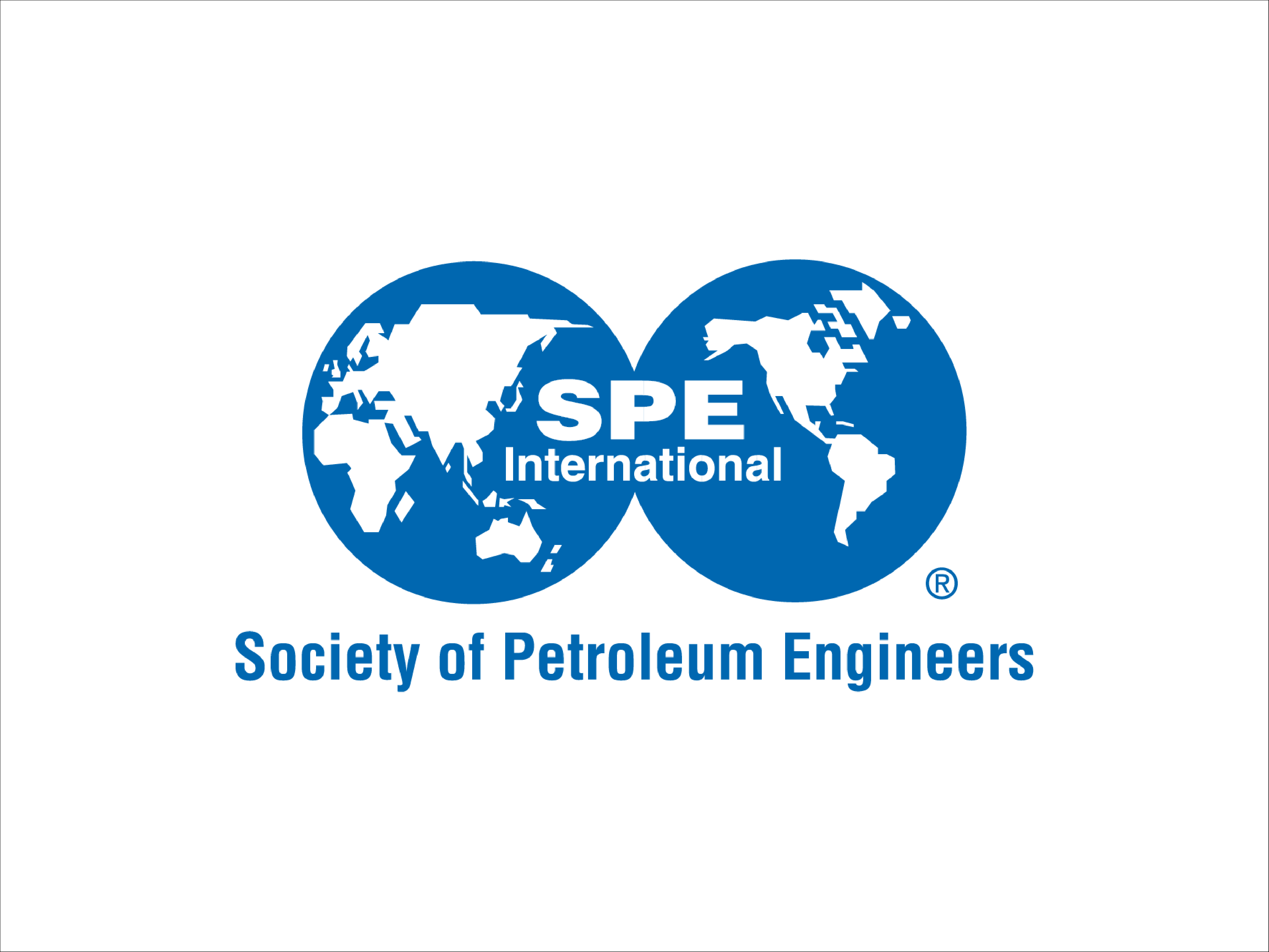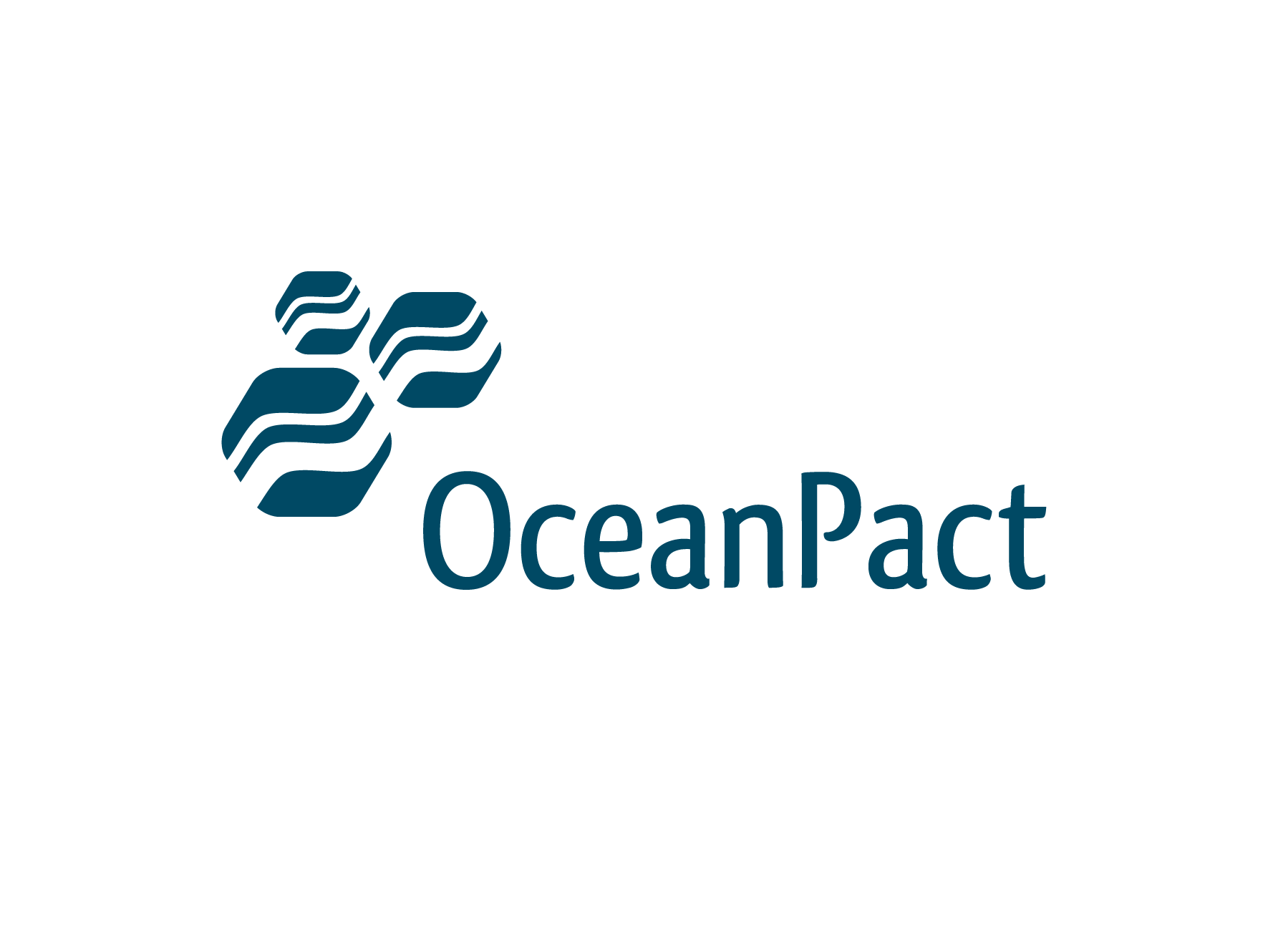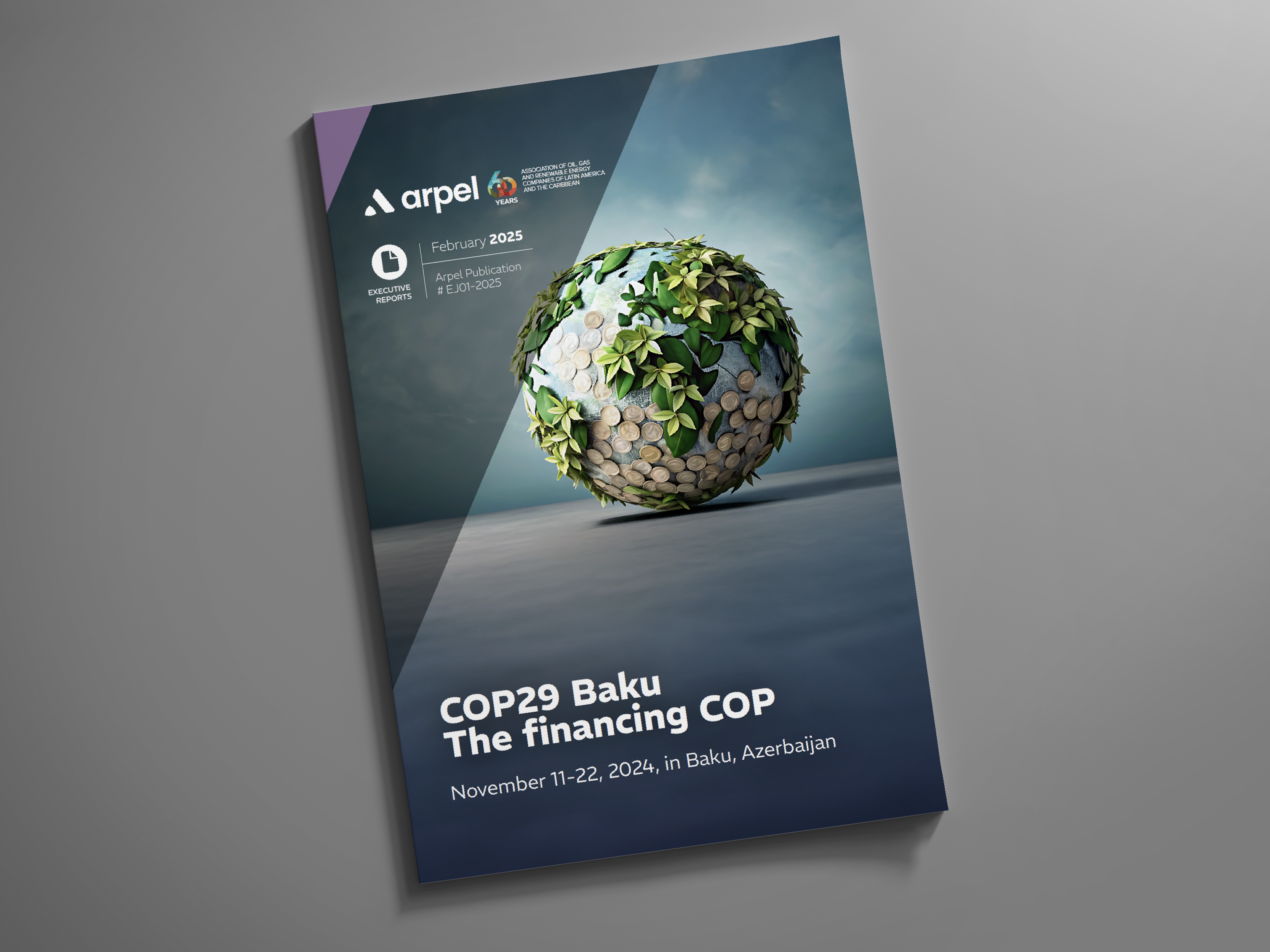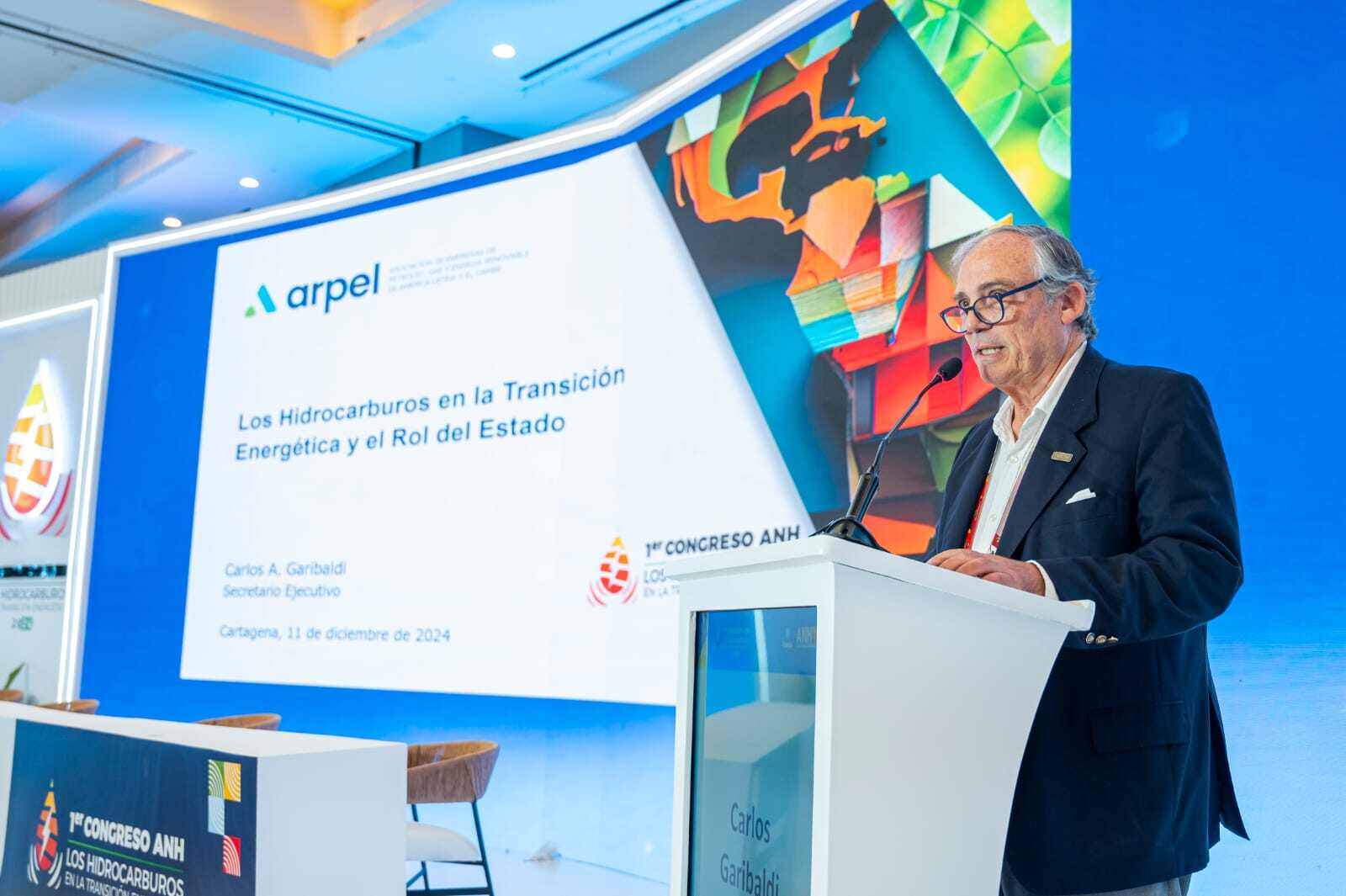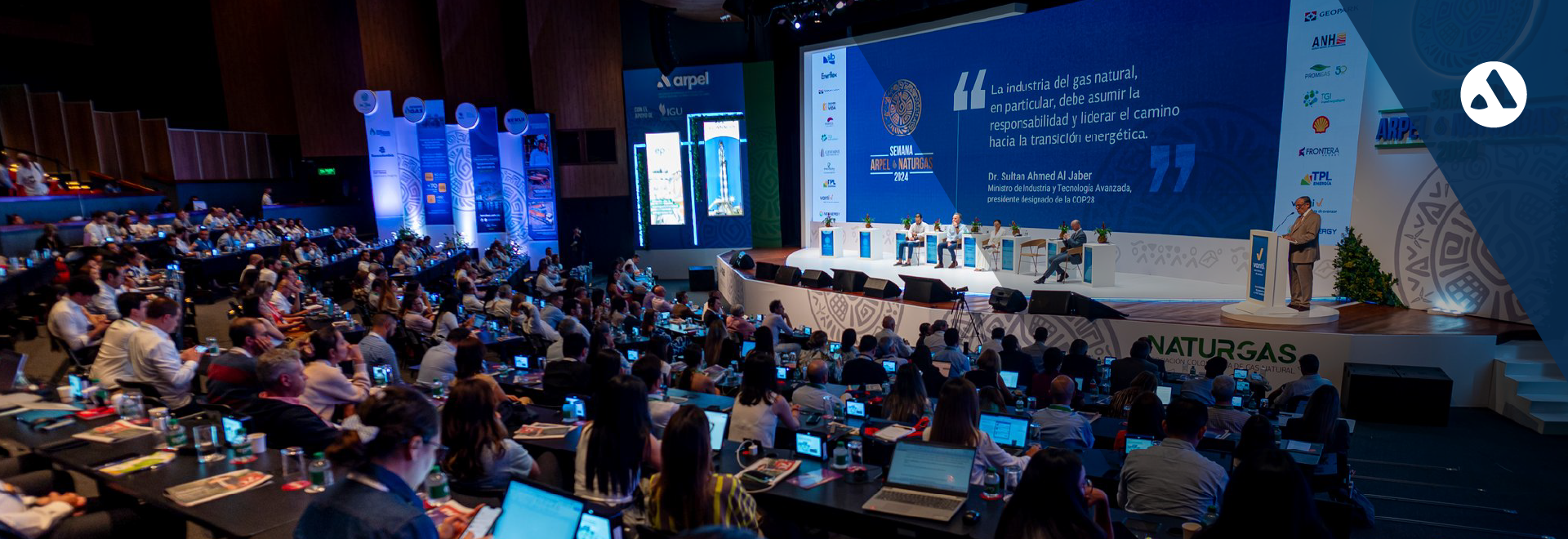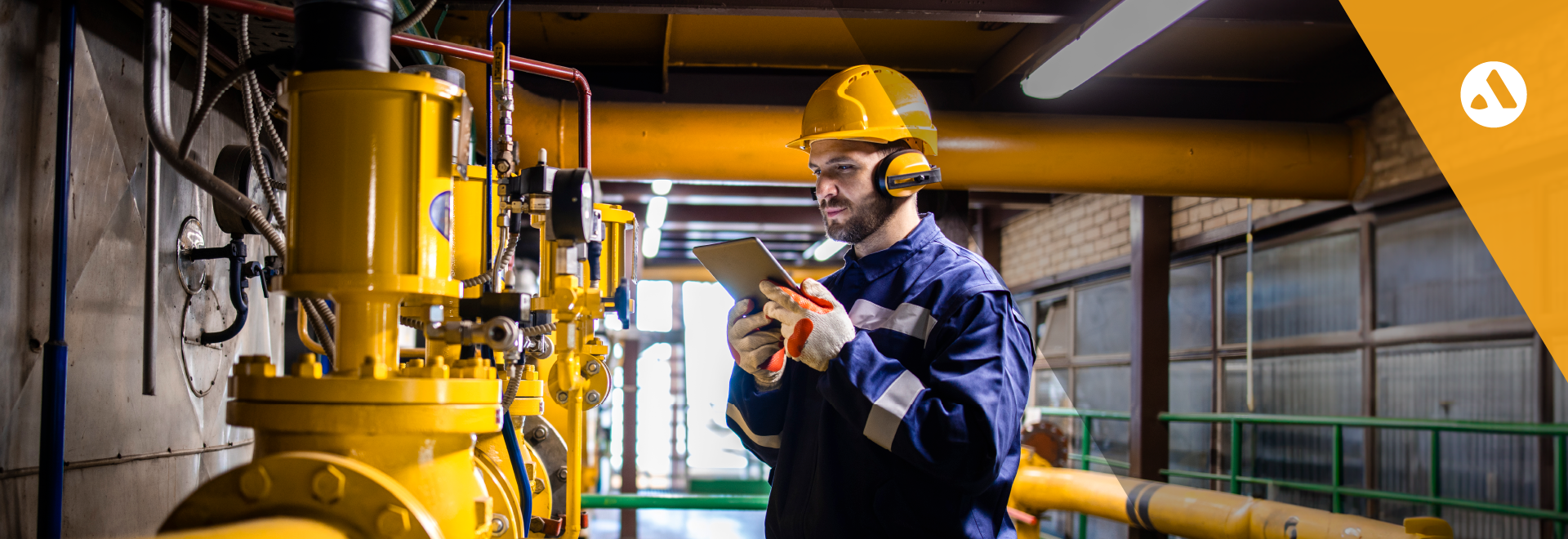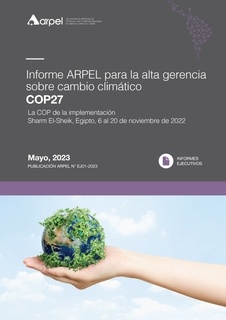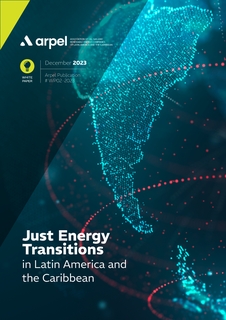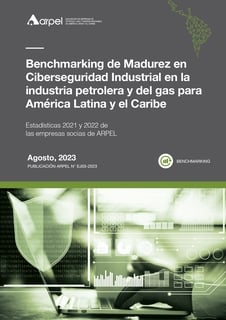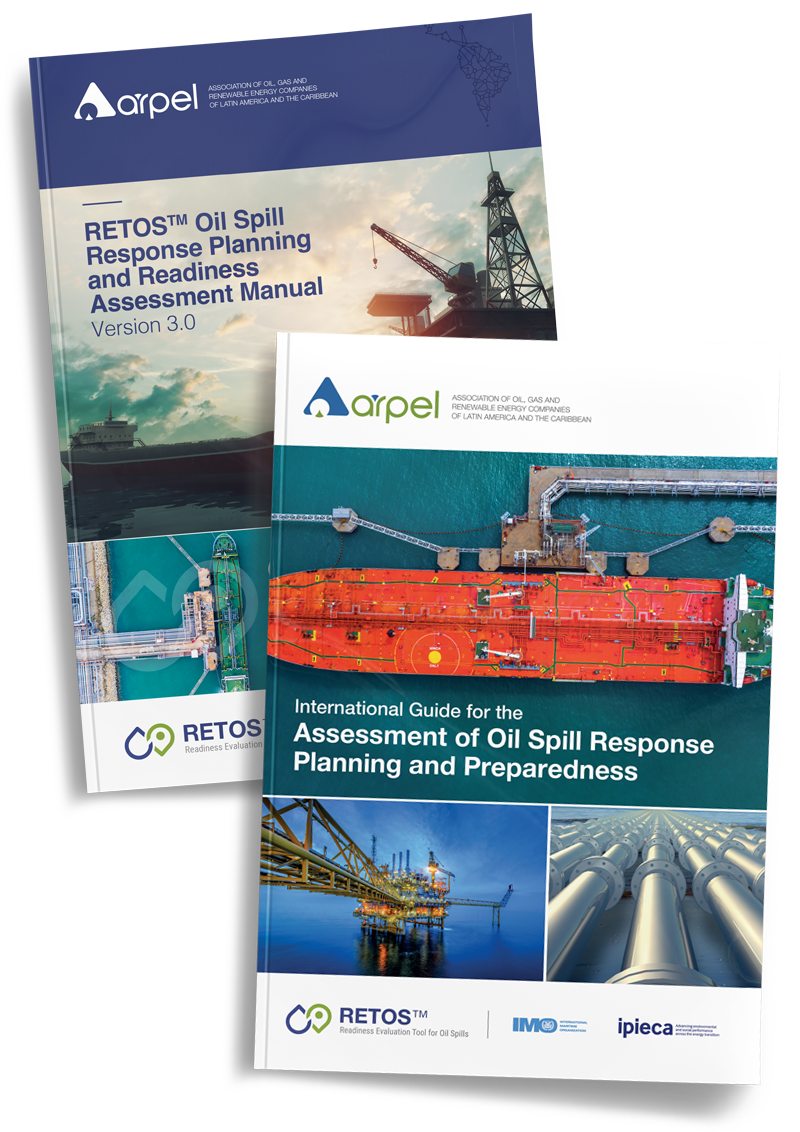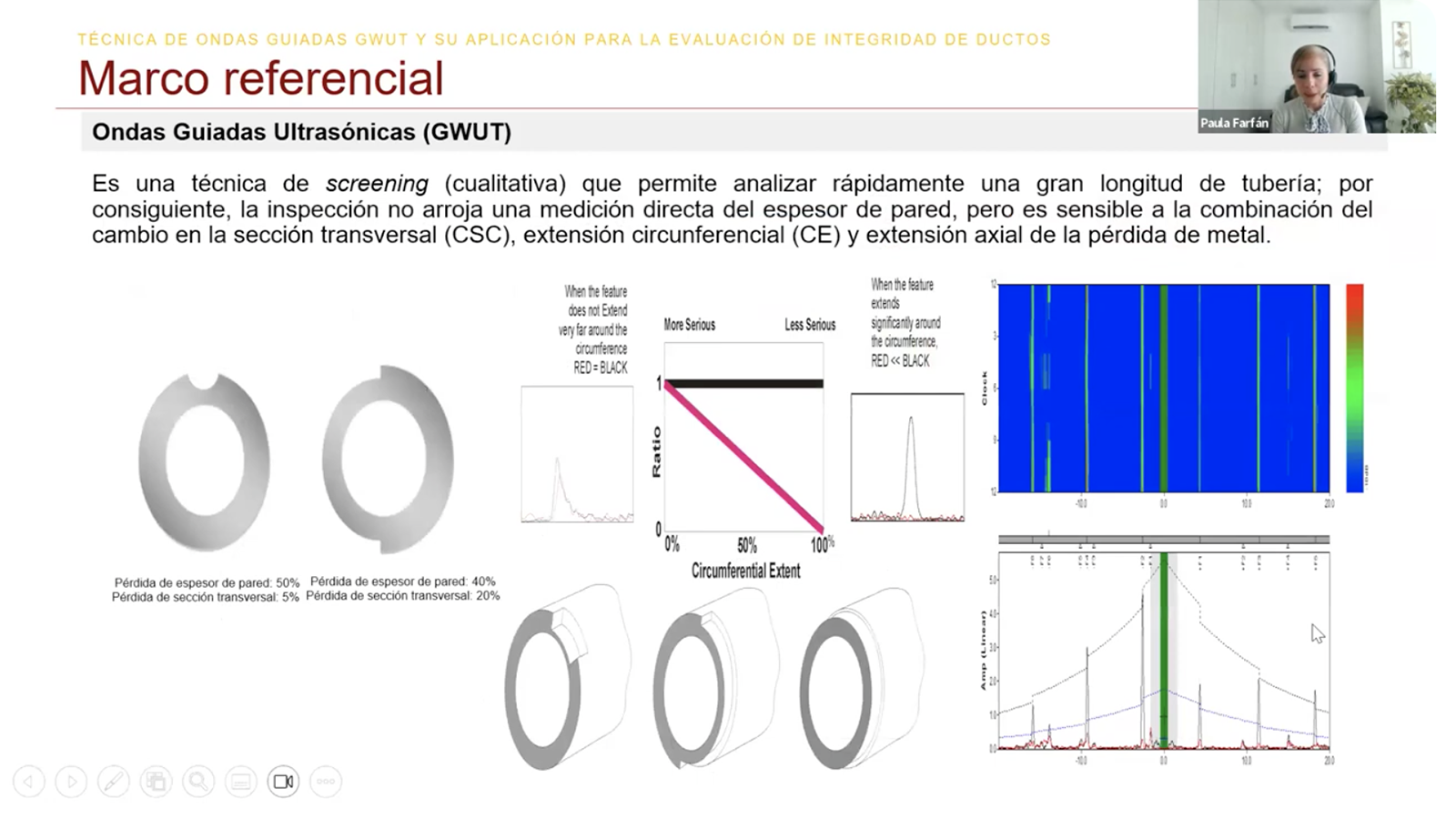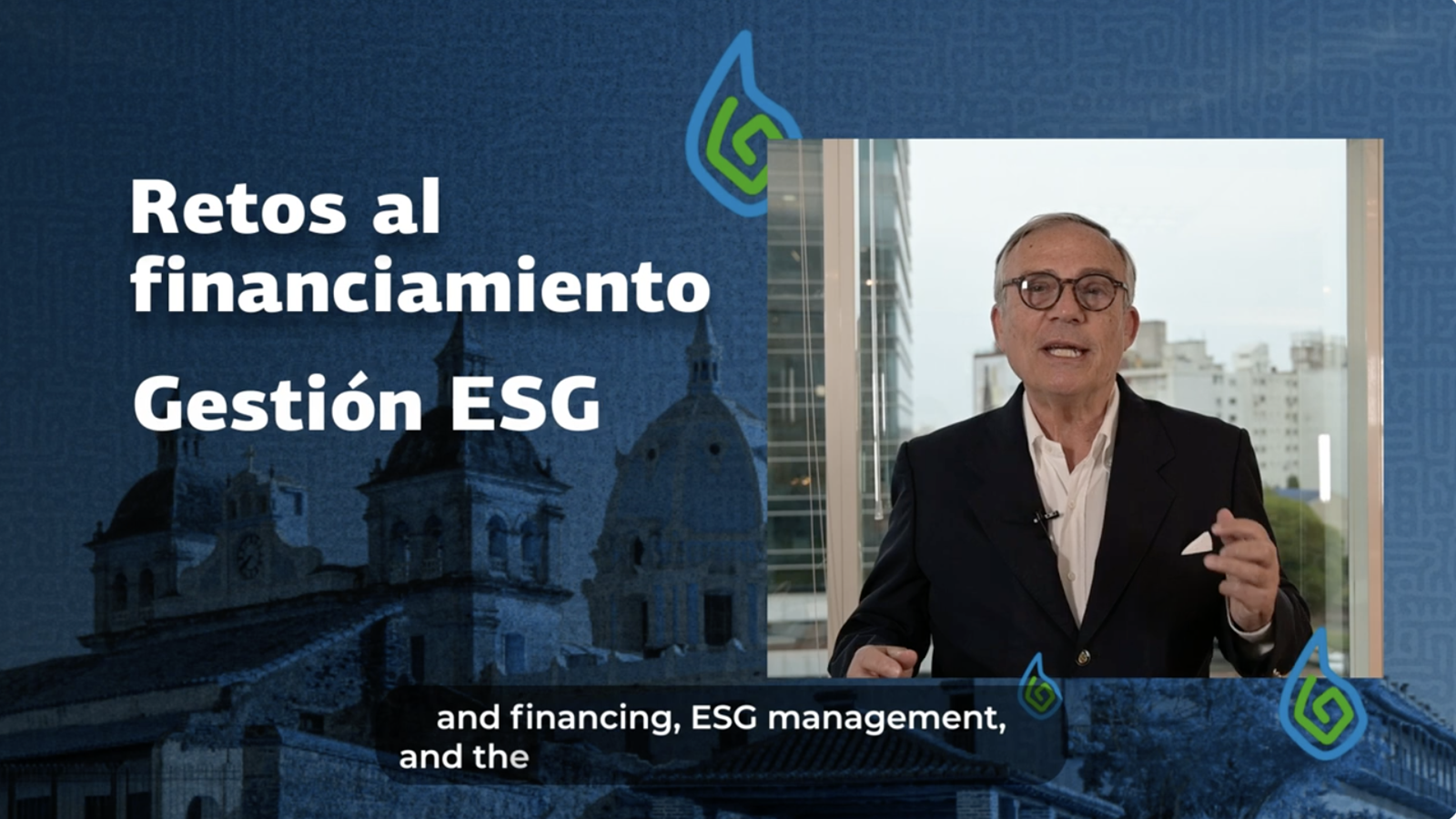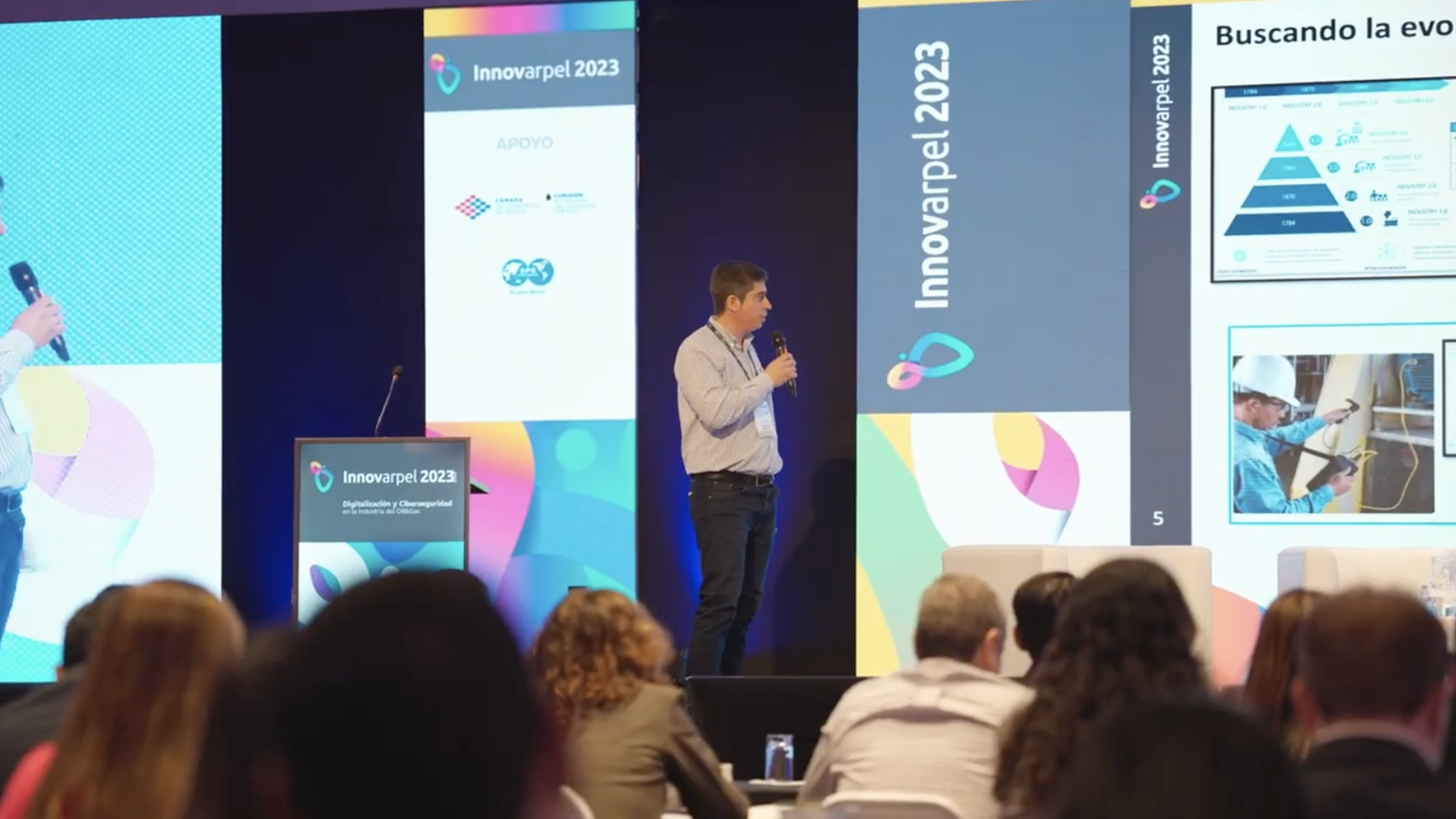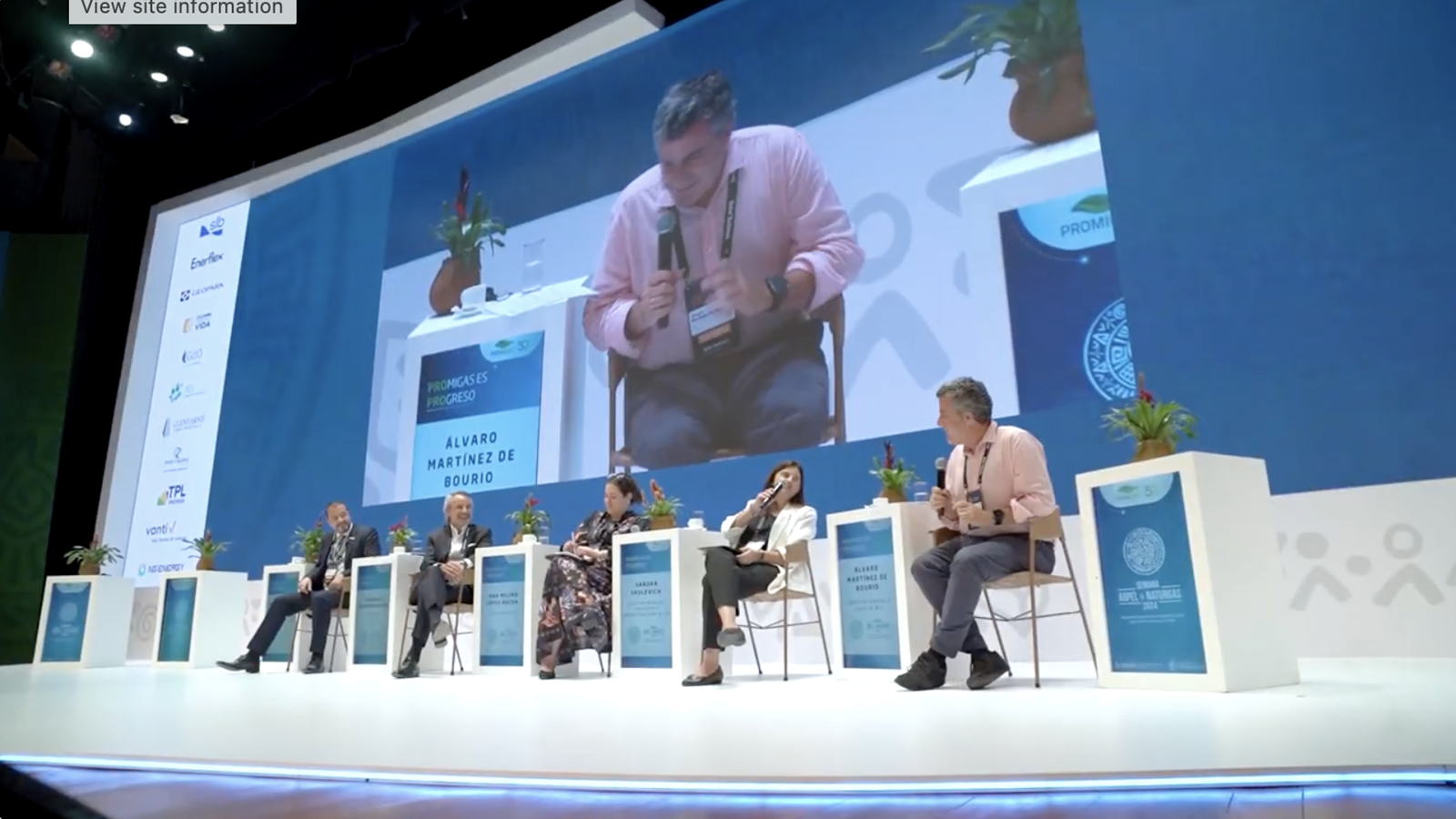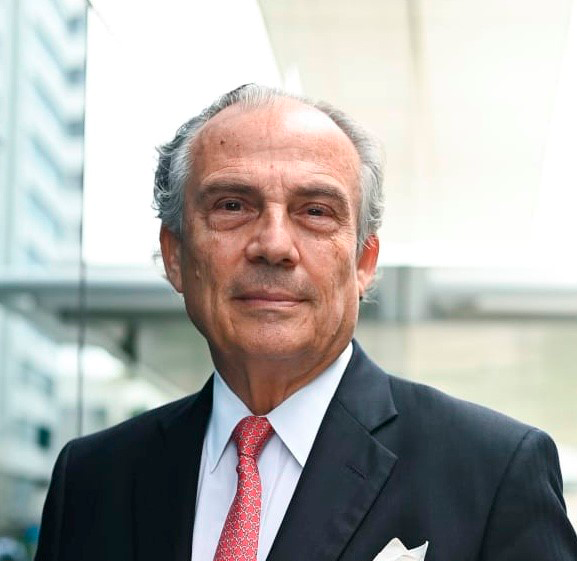
As ever, an Industry in Constant Change, with new Challenges and Opportunities in the Energy Transitions of Latin America and the Caribbean
History can be interpreted as the result of the tension between continuity and change. As Heraclitus said some 25 centuries ago, “the only constant in life is change.”
Fifty-eight years ago, eight state-owned oil and gas companies in Latin America and the Caribbean decided to establish Arpel as a vehicle for cooperation and mutual technical assistance. Initially and in its essence, it was a forum for the exchange of knowledge and experiences on topics mostly related to operational efficiency and industrial safety. We are proud of this legacy and of continuing, as always, to articulate and be the catalysts of many reciprocal technical assistance events among our member companies.
But our industry, its technology, and its environment have been changing and, consequently, so have the priorities and needs of our member companies. As Arpel is only the reflection and sounding board of its members, our association has also been adapting, evolving, growing, and transforming itself.
Arpel’s active membership continues to include 14 companies or business groups under governmental equity control (seven of which are its founders). Several of these companies have been transforming themselves and now transcend national borders and business lines, and some of them have adopted mixed models of corporate governance. Over the decades, Arpel has also added from the private sector global integrated supermajors, regional upstream, downstream or integrated independents, midstream companies, and global companies offering a broad spectrum of services to our industry.
Given the evolution of our industry and the diversity of our membership, we have been incorporating topics such as energy efficiency, digital transformation, cybersecurity, respect for the physical, social and cultural environments, community relations, sustainable management (transparency, compliance), human capital (attraction, recruitment and retention of talent, knowledge management, diversity, inclusion and equity), communication, climate change and energy transitions into our purview. We address these issues thanks to the expertise and time contributed by our associates in our ten working committees. These efforts have always materialized in concrete products such as conferences, workshops, courses, webinars, guides, manuals and white papers.
But the environment of our traditional sector has accelerated its speed of change in recent years and new boundary conditions, challenges, risk dynamics and threats have emerged. It is not only under political and social scrutiny, but even under existential inquiry. It must respond to the pressures that demand a rapid decarbonization of energy systems to mitigate the already tangible effects of climate change, but in the meantime, it must continue to fulfill its mission of meeting the growing energy demand in a reliable, accessible, sustainable and equitable manner. At Arpel, we thus support plural and fair energy transitions that rely on the resources of Latin American and Caribbean countries and the competencies of our industry, and that also consider the diverse energy and socioeconomic realities of the countries in our region.
The issues we deal with at Arpel have therefore become cross-sectional, because all of them contribute jointly to the sustainability of our industry, the maintenance of its social license and its ability to operate in the midst of communities. We must also focus more on our communication with external stakeholders. By deepening and expanding its institutional networks with ministries, agencies, and national, regional and global business and professional organizations, Arpel has become increasingly visible in forums, conferences, publications and interviews. We are invited, consulted, questioned and listened to, and we always respond in a succinct, transparent, factual, non-ideological and non-confrontational manner.
We have always been energy companies and these changes also bring opportunities. For over a century, we have proven to be an industry with the capacity to innovate and implement technology, and to manage complex, large-scale projects demanding substantial capital commitments and under inherent uncertainties. At the intersection of energy transitions to lower-emission energy matrices and our industry’s legacy of technical competencies, we can leverage, for example, the increased use of natural gas, carbon capture and subsurface storage, biofuels, geothermal energy, offshore wind, lithium mining and hydrogen generation in all its colors. And we can learn the rest.
To paraphrase H.G. Wells, the inexorable imperative is to adapt, or perish. Under this dynamic of challenges and opportunities, our regional oil and gas industry is facing its transformation. Several of our member companies are not only making commitments to net-zero greenhouse gas emissions by seeking greater energy efficiencies and decarbonizing their operations, processes and facilities, but are also diversifying their portfolios of energy offerings with renewable sources. This led us last year to encourage and drive this transformation and to adopt a new name: Association of Oil, Gas and Renewable Energy Companies of Latin America and the Caribbean.
We are thus proactive agents in energy transitions, but concurrently, our traditional segments must continue to be the backbone of regional development for the foreseeable future. We just need to communicate more effectively these realities, our efforts and achievements, and the pragmatism necessary to achieve the gradual decarbonization of energy systems without compromising the socioeconomical development and quality of life of our populations.
In closing, I would like to thank the generations of those who generously contributed their knowledge and time as members of committees and working groups, representatives of member companies to the Assembly, members of the Board of Directors and the Fiscal Commission, executive secretaries, and Arpel staff. It has been and continues to be a collective construction; they then, and we today, are Arpel. Happy birthday, may we continue growing, learning, innovating, evolving and transforming ourselves, and may we celebrate many more.
Carlos A. Garibaldi
Executive Secretary
